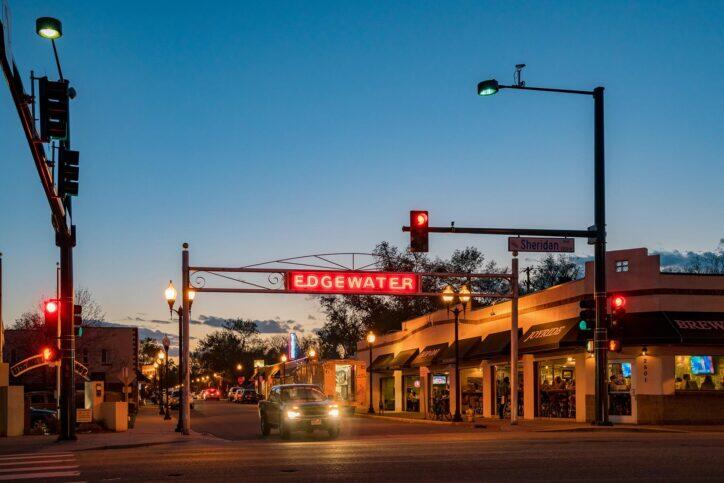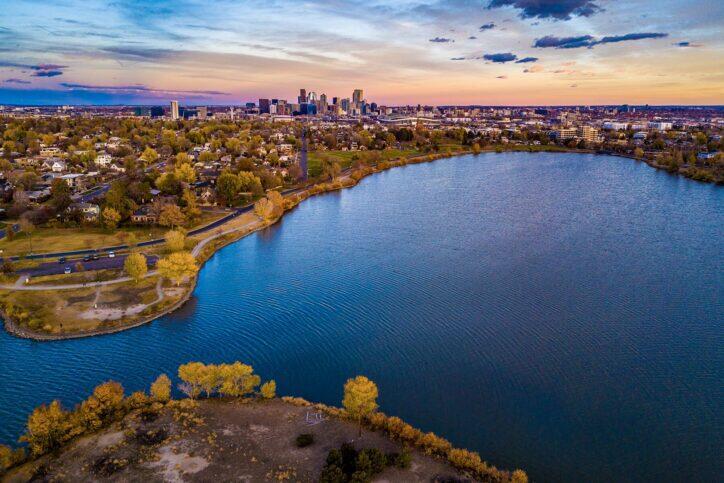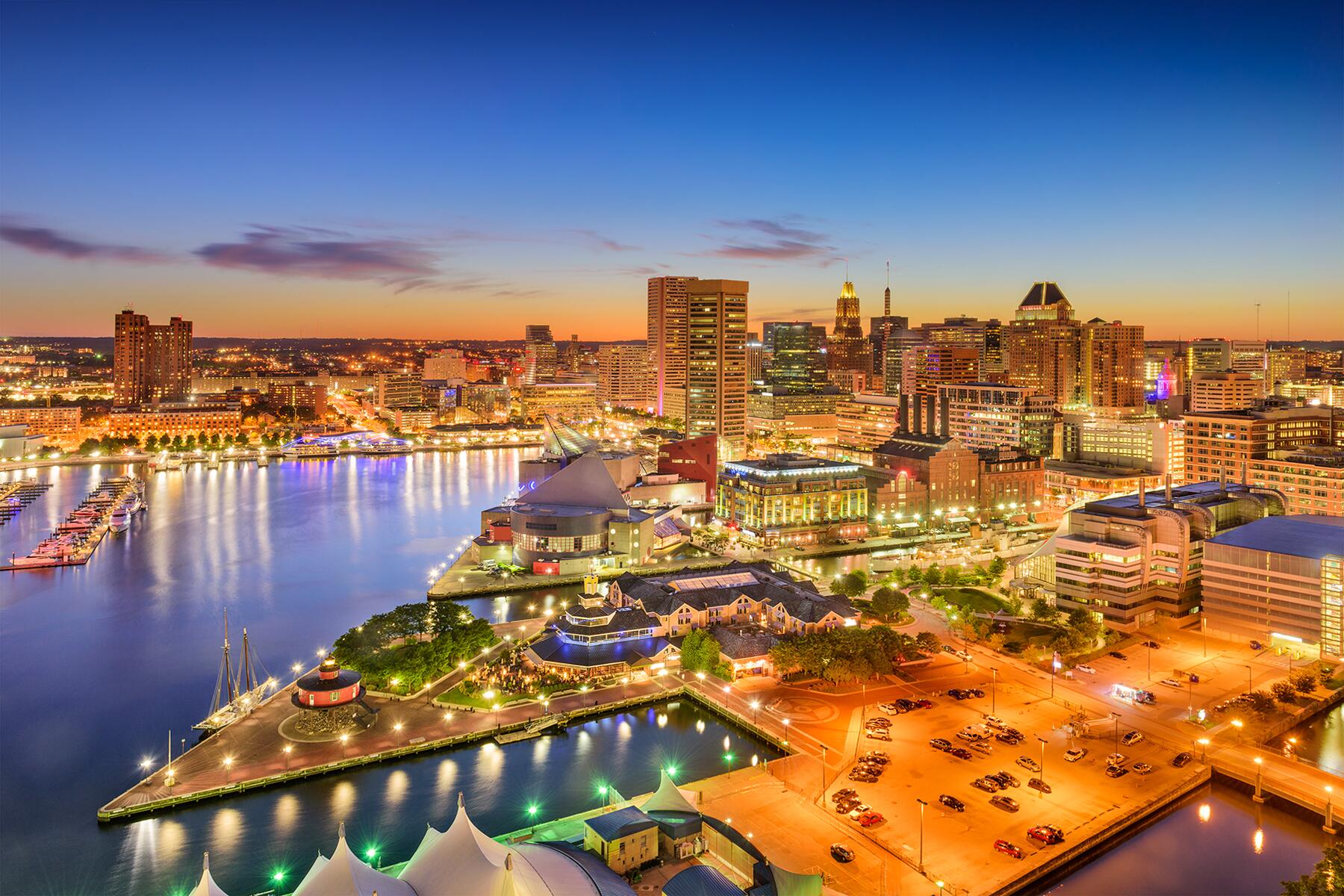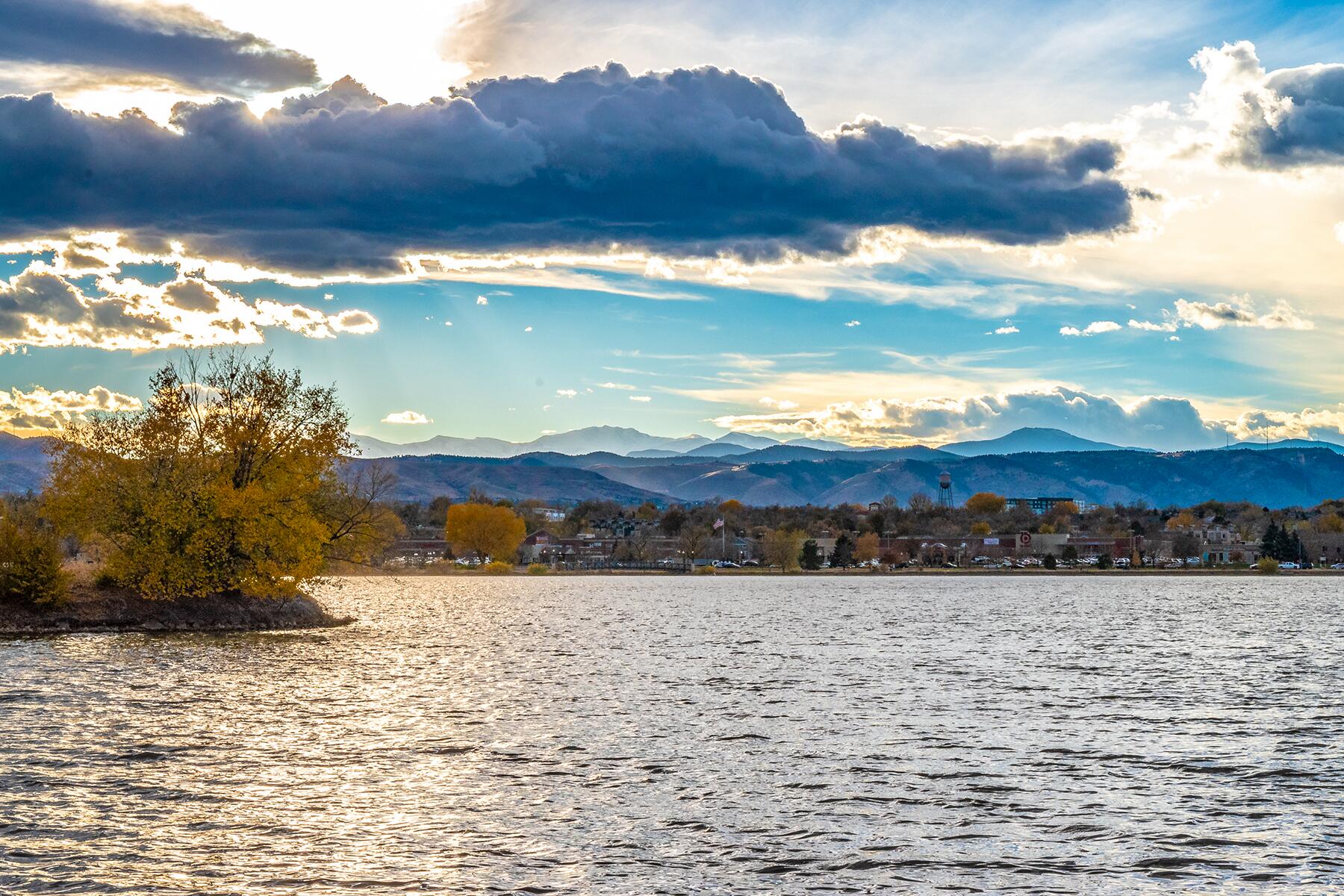We’re pre-American. We’re Indigenous. *We* are Native.
Lakeview Lounge, Edgewater, Colorado–It’s 8 a.m., and the sun crests over the Denver skyline, sending piercing beams over Sloan’s Lake just across the main drag. It’s the kind of fantastic sunlight you never want to drive into, especially on the highway. Certain death. But it’s okay right now. It’s a welcoming sight, as is the scene of elders sitting at the bar, some quaffing beer from the bottle, others sipping whiskey and coffee, and no iced-water in sight.
In a few hours, this scene gives way to a nasty one. The elders will take their last shot and chug their last beer and seemingly bail all at once, like rail-workers in the 1930s after the end-of-the-workday whistle. Soon, the yuppies will be here. They’ll arrive on their bikes and pull up in their Subarus emblazoned with decals that say things like, “I Heart Skiing Loveland” and “Snow Makes Me Wet—Silverton Mountain, Colorado.”
But there’s one that sends me reeling every time: It reads simply, “NATIVE.” The letters are typically splayed on the foreground, and in the back, a green silhouette of the Rocky Mountains beneath a plain white sky.

Just outside of the Lakeview Lounge is a large patio where folks go to smoke, but only around midnight or first thing in the morning. The midday crowds are health nuts. On Sundays, they show up at every pub and microbrewery in town looking like a hoard of professional cyclists with skintight multi-colored spandex, hauling helmets, clicking and clacking in cleats through the place with a wooden floor. They care about their lungs, just not wooden floors.
I struck up a conversation with one of these types not too long ago. It was closer to noon, and the elders had all but ditched the place when a white guy with blue eyes and dirty blonde hair rolled up in a baby-diarrhea orange Subaru. He parked the thing facing north, giving me a full view of the mosaic of decals on its hatch. And he had the one I despise, too: “NATIVE.”
He popped in, grabbed a cocktail, and made his way to the patio, and sat at a table away from me.
“What are you drinking?” I asked.
“A gin and tonic,” he responded, shaking the ice in his glass.
“I saw you pull up,” I said. “I see you’re a Native…”
“Mmm-hmm,” he muttered, drink still in his mouth. He took a deep swallow and continued: “Yeah, I was born and raised here. Third generation.”
He proceeded to complain about “all the transplants” who’ve made their way to Colorado, and especially Denver.
“I want to get that sticker that reads, ‘No Vacancy,’” the decal collector said, chuckling.
At this point in the conversation, I realized I was dealing with a genuine bigot, one of those clueless jackasses who has totally forgotten—or was never informed—that he is not indigenous to this continent.
“Where did your family come from, originally?” I asked.
“We’re a mix,” he responded. “Irish, Welsh. I think a bit of French, maybe.”
“So, you’re not really a ‘Native.’,” I said shrugging.
Immediately, he went from staring at the lake to staring at me.
“What do you mean?” he asked.
I proceeded to tell the dirty-blonde boy that I’m a Native, a citizen of the Oglala Lakota Nation. “You’re a local,” I said. He chuckled and again eyed the rippling waters of Sloan’s Lake.
“You have a point,” he said in a tone that conveyed that he never thought about it that way.

These types of conversations are not uncommon for Natives, the Indigenous peoples of this continent. In New York City, folks like to call themselves “Natives” all the time, and especially in places like Brooklyn and Queens, and especially Long Island. And the madness doesn’t end with the word “Native.”
A few years ago, as I sat in the lounge at Columbia University Graduate School of Journalism, I was surrounded by four Indians from India. “Where is your family from?” one demanded to know.
“What in the Sam Hell are you talking about?” I responded.
“We heard you’re Indian. Where are you from?”
It didn’t take long to see what was going down. I had encountered this before, as have oodles of Natives—or as we’re more commonly known, Indians.
“Hang on a tick, man,” I said. “I’m not that kind of Indian. I’m Native. I’m indigenous to this continent. Put down the bagel, we can talk this through.”
I started to speak to them in Lakota, “Le iyuhan un hipi kin wasteyelo!” I said (which translates to, “It’s good to be here with all of you!”). “See?” I said.
Fast forward about a month, my classmate Karuna Kumar confessed to me that, in India where she’s from, at least in her circle, our kind–Natives–were all killed by white cowboys. Or at least that’s what she and her peers were taught in school.
At this point in this piece, I think it’s important to state that although we are Native, we are not “Native American.” Allow me to explain:
We are not Native Americans because we pre-date “America.” The closest thing to a “Native American” would be the so-called “founding fathers,” but then again, they wouldn’t be “Native” either; they would be, simply, “Americans”–or even better, “locals.”
In typical Colorado fashion, the snow will roll in in just a bit, or at least that’s what the news is calling for. It’s said to be one of those late winter-early spring types that cripple a city and empty shelves faster than a San Francisco earthquake.
In just a few hours, the hard snow and vicious wind will beat on the Lakeview Lounge windows like a swarm of locusts. The power will go out and with it the oven behind the bar. So much for pizza and more music from the flip-page jukebox near the 75-cent pool tables. The yuppies will bail, leaving the place to the few straggling barflies who call the Lakeview Lounge home and, on occasion, enjoy a raw egg in their first beer.
The dirty-blonde, blue-eyed boy didn’t stick around long. He knocked back his G and T, hopped back into his baby-diarrhea orange Subbie, and drove off to tell the tale about the time he was confronted by some “Indian…or… Native…whatever” to his pals. “That’s crazy,” they’ll say. “Hang on. I’m buying more spandex.”
The epilogue to this story is that if you’re in the United States, and if you’re not indigenous to this continent, you’re not a “Native,” you’re a local. And it’s okay to be local. It’s not a slur. It’s just a fact. “[And] facts are stubborn things,” said the famous American local, John Adams. Remember, we’re pre-American. We’re Indigenous. We are Native.
And here they come. Right on time. The clouds.





Point taken. But everyone has gotten so sensitive. How about just 'being' and giving the other person the benefit of the doubt instead of trying to pick a fight? Instead of looking for the differences that separate us, let's try and find some commonality.